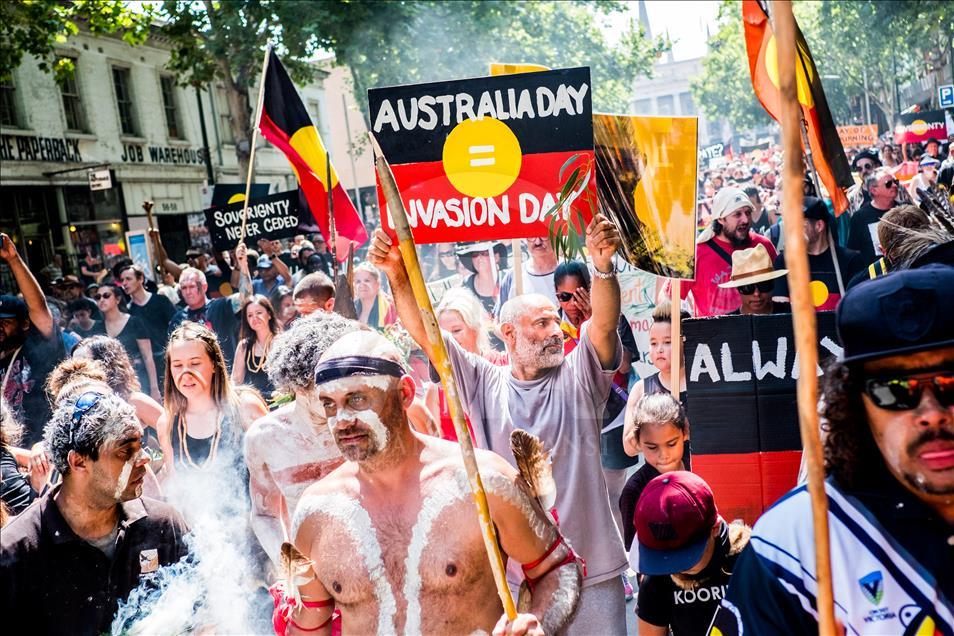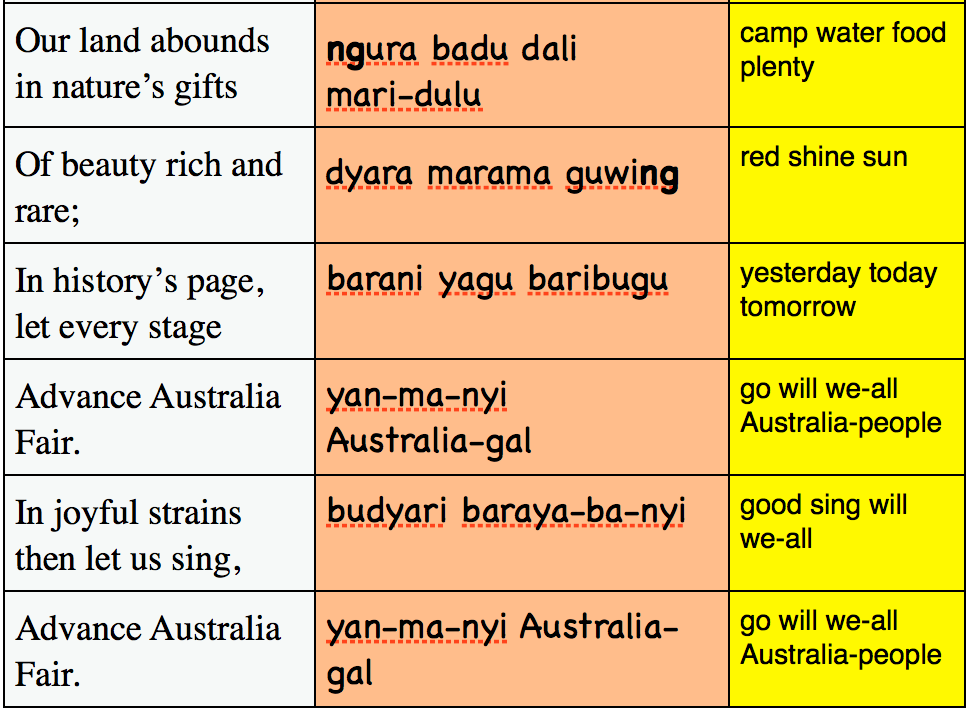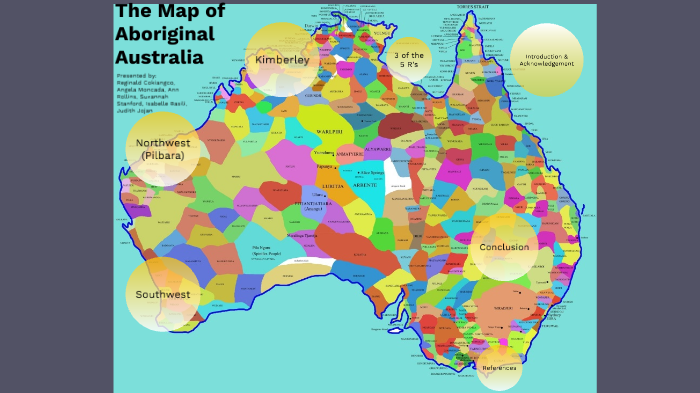Is "Aboriginal" Offensive in Australia? Navigating the Complexities of Identity and Language
Is "Aboriginal" Offensive in Australia? Navigating the Complexities of Identity and Language

Australia, a land of diverse landscapes and cultures, is also home to a complex history that continues to shape its present. One of the most sensitive and debated topics is the use of the term "Aboriginal" to refer to the First Nations people of the continent. While widely used, it has become increasingly controversial, with some arguing it is outdated and offensive, while others maintain its historical significance. This article delves into the nuances of this debate, exploring the origins of the term, its current usage, and the perspectives of both Indigenous and non-Indigenous Australians.
The Origins of "Aboriginal" and its Evolution
Related Articles: Is "Aboriginal" Offensive in Australia? Navigating the Complexities of Identity and Language
- Unveiling The Timeless Tapestry: What Is Dreamtime In Aboriginal Art?
- The Animal Kingdom In Aboriginal Art: A Journey Through Symbolism And Storytelling
- The Kangaroo: A Symbol Of Strength, Resilience, And Cultural Significance In Aboriginal Australia
- Stolen Generations: A Legacy Of Loss And The Fight For Identity
- The Two Hearts: A Symbol Of Love, Unity, And Resilience In Aboriginal Culture
The term "Aboriginal" emerged from the colonial encounter, initially used by European settlers to describe the indigenous inhabitants of the land they were colonizing. It was a broad term, encompassing the diverse cultures, languages, and traditions of the various First Nations groups across the continent.
The term itself reflects a colonial perspective, viewing Indigenous Australians as "original inhabitants" rather than recognizing their ongoing presence and sovereignty. This framing implicitly reinforces the narrative of European arrival as a defining moment in Australian history, diminishing the millennia of Indigenous presence and cultural continuity.
The Rise of "First Nations" and the Shift in Language
In recent decades, there has been a growing movement to move away from the term "Aboriginal" and adopt "First Nations" as a more accurate and respectful designation. This shift reflects a recognition of the diversity and self-determination of Indigenous Australians, moving beyond a singular, colonial label.
"First Nations" acknowledges the distinct identities and sovereignties of the various Indigenous groups across Australia. It recognizes that they are not a homogenous group, but rather a collection of nations with their own histories, languages, and cultural practices. This shift in language underscores the importance of recognizing Indigenous self-determination and the need to move beyond colonial frameworks.
The Debate Continues: Arguments for and Against "Aboriginal"
The debate surrounding the use of "Aboriginal" is multifaceted, with valid arguments on both sides.
Arguments for the continued use of "Aboriginal":

- Historical Significance: The term "Aboriginal" is deeply embedded in Australian history and law. It is used in official documents, legislation, and government institutions. Changing the terminology could create confusion and complicate legal and administrative processes.
- Familiarity and Recognition: For many Australians, the term "Aboriginal" is the most familiar and widely recognized term for Indigenous people. Changing it could lead to misunderstandings and make it harder to communicate effectively about Indigenous issues.
- Cultural Identity: Some Indigenous people identify with the term "Aboriginal" and see it as a source of pride and unity. They argue that it represents a shared history and experience of colonization and resilience.

Arguments against the use of "Aboriginal":
- Colonial Origins: The term "Aboriginal" is inherently colonial and perpetuates a view of Indigenous Australians as a homogenous group, erasing their diverse cultures and identities.
- Lack of Self-Determination: The term "Aboriginal" was imposed on Indigenous Australians by colonizers, and it does not reflect their self-determination or their own names for themselves.
- Reinforcing the Narrative of European Arrival: The term "Aboriginal" reinforces the narrative of European arrival as a defining moment in Australian history, obscuring the long history and ongoing presence of Indigenous Australians.

Navigating the Language: A Call for Respect and Understanding
The debate surrounding the use of "Aboriginal" is a complex one, with no easy answers. It is crucial to approach this issue with sensitivity and respect, acknowledging the perspectives of both Indigenous and non-Indigenous Australians.
Here are some key points to consider:
- Respect Indigenous Self-Determination: When referring to Indigenous Australians, it is important to use the terms they prefer. This might include "First Nations," "Indigenous Australians," or specific tribal names.
- Avoid Generalizations: It is crucial to avoid making generalizations about Indigenous Australians, as they are a diverse group with unique cultures, languages, and perspectives.
- Engage in Dialogue: Engage in open and respectful dialogue with Indigenous Australians to learn about their experiences, perspectives, and preferences.
- Educate Yourself: Learn about the history and culture of Indigenous Australians to develop a deeper understanding of their experiences and the complexities of the present.
Moving Forward: Towards a More Inclusive and Respectful Language
The ongoing debate surrounding the use of "Aboriginal" is a reflection of the ongoing journey towards reconciliation in Australia. It is a reminder that language is powerful and can either reinforce or challenge existing power structures.
By embracing the term "First Nations" and engaging in respectful dialogue with Indigenous Australians, we can move towards a more inclusive and respectful language that acknowledges their self-determination and honors their unique identities. This shift in language is not just about words; it is about recognizing the ongoing presence and sovereignty of First Nations people in Australia.
FAQ: Is the term "Aboriginal" Offensive in Australia?
Q: Is the term "Aboriginal" always offensive?
A: While the term "Aboriginal" has been used for many years, it is increasingly viewed as outdated and potentially offensive by some Indigenous Australians. It is important to be mindful of the context and the preferences of the individuals or groups you are referring to.
Q: What is the preferred terminology for Indigenous Australians?
A: The preferred terminology for Indigenous Australians is "First Nations." This term acknowledges the diversity and sovereignty of the various Indigenous groups across the continent. However, it is important to note that some Indigenous individuals and communities may have their own preferred terms.
Q: What is the difference between "Aboriginal" and "First Nations"?
A: The term "Aboriginal" is a broad term used to refer to all Indigenous Australians, while "First Nations" acknowledges the diversity and self-determination of the various Indigenous groups across the continent. "First Nations" emphasizes the distinct identities and sovereignties of these groups.
Q: Is it ever okay to use the term "Aboriginal"?
A: While "Aboriginal" is still widely used, it is important to be mindful of the context and the preferences of the individuals or groups you are referring to. If you are unsure, it is always best to use "First Nations" or ask for clarification.
Q: How can I be more respectful when talking about Indigenous Australians?
A: Respectful communication involves using the preferred terminology, avoiding generalizations, engaging in open dialogue, and educating yourself about Indigenous history and culture. It is also crucial to listen to and learn from Indigenous voices and perspectives.
Conclusion
The debate surrounding the use of "Aboriginal" is a complex and ongoing conversation in Australia. While the term has a long history and continues to be used widely, it is essential to recognize its limitations and the growing preference for "First Nations." By embracing more inclusive and respectful language, we can contribute to a more equitable and just society that acknowledges the ongoing presence and sovereignty of First Nations people in Australia.

Closure
Thus, we hope this article has provided valuable insights into Is "Aboriginal" Offensive in Australia? Navigating the Complexities of Identity and Language. We hope you find this article informative and beneficial. See you in our next article!


